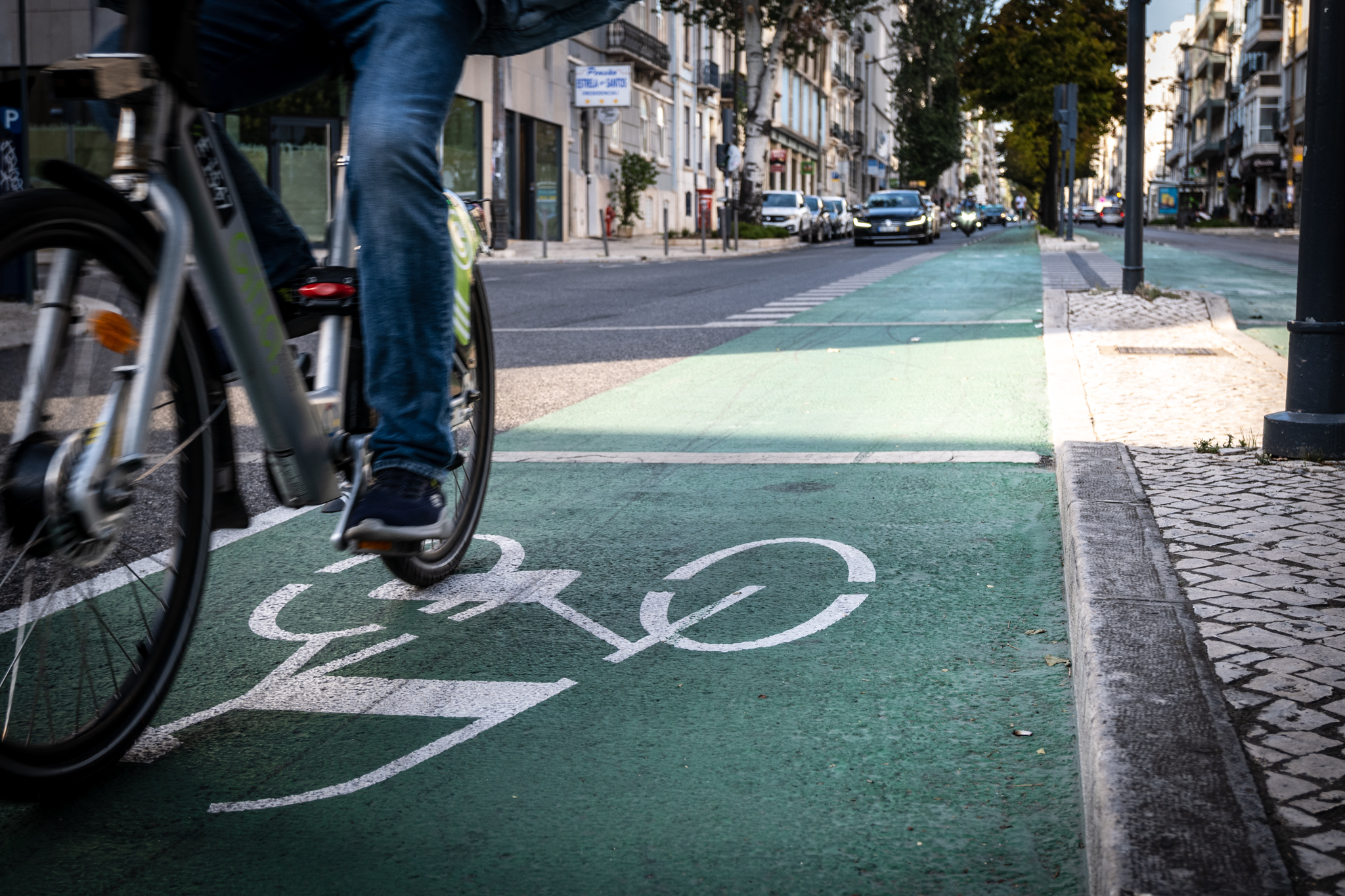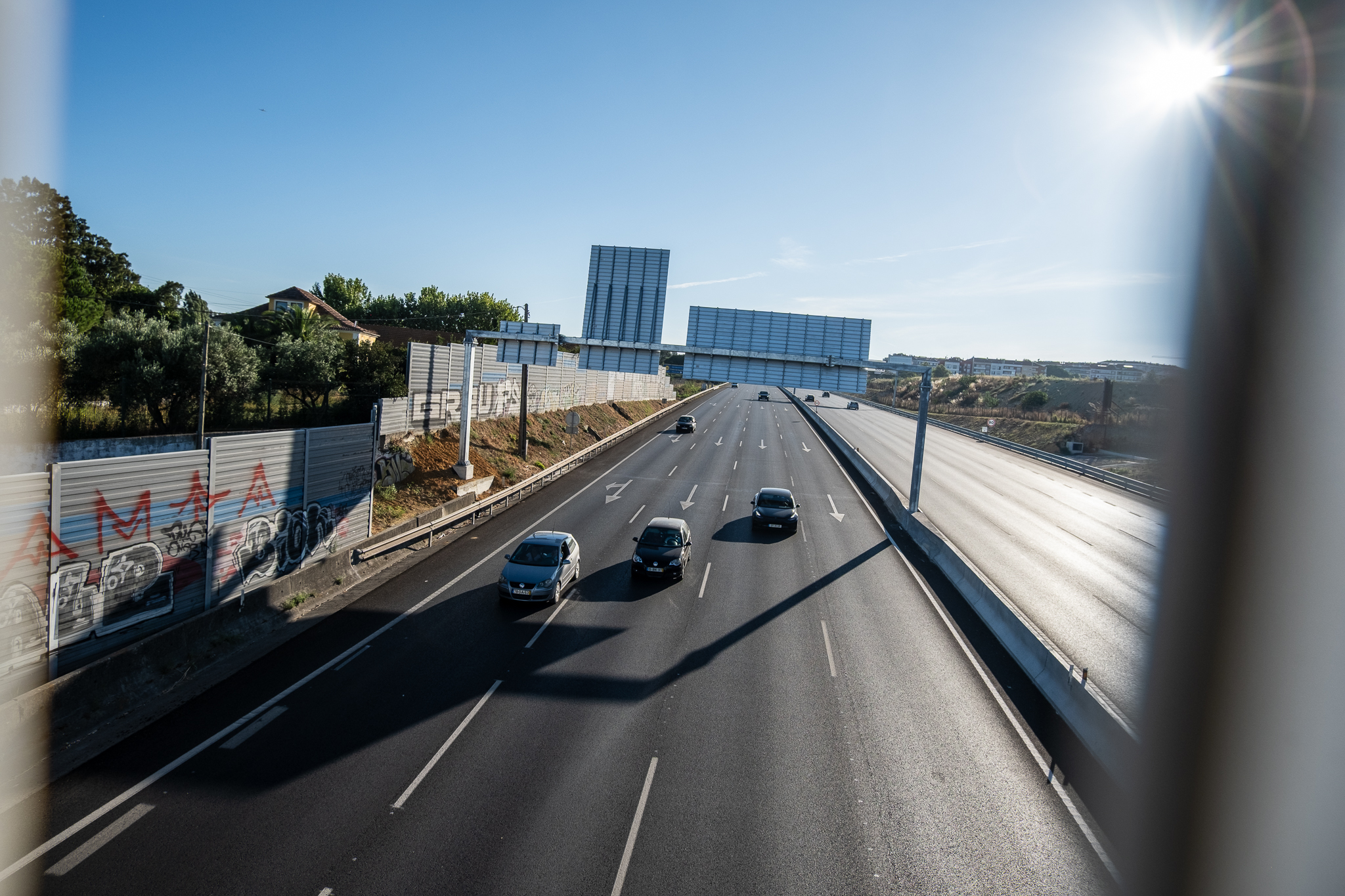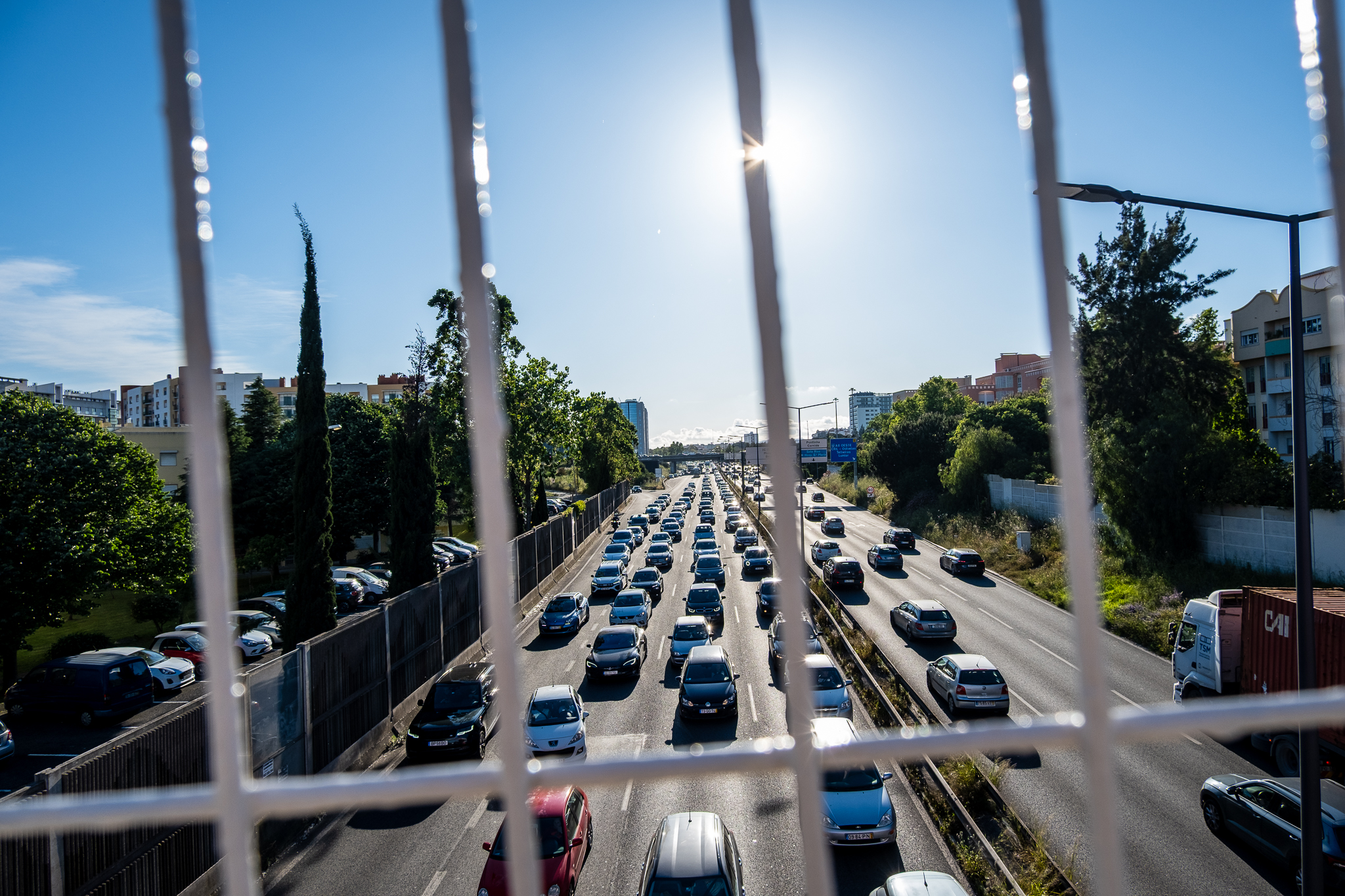The bike lane was suddenly added to the Almirante Reis axis without any reasoned technical discussion or the public ever being involved in the decision-making process. To remove the bike lane in the same way would be to repeat the mistake.

Mr. Mayor-elect of Lisbon,
Dear Carlos Moedas,
The bike lane was suddenly added to the Almirante Reis axis in the summer of 2020 without there ever having been any reasoned technical discussion or involvement of the population in the decision-making process.
To remove the bike lane in the same way, without technical justification or citizen involvement, would be to repeat the mistake.
Because it doesn't make sense to take this measure before the bike lane network has been evaluated by LNEC, as it has undertaken, or by another independent body. That would be to undermine the assessment itself.
Because it's not wise to do this before creating an alternative that guarantees safety and physical integrity. It's up to the City Council to design the city and create infrastructures that are also designed for women and children and in such a way as to protect the most vulnerable users, who, in addition to people on foot, are those who travel by bicycle, scooter, skates, skateboard or even in wheelchairs.
Because to go back to the previous model is to return to an image that you certainly don't share, that of a city that favors cars over people. Many of us also use cars. But Almirante Reis cannot go back to being a highway through residential neighborhoods. That's not the future.
Because, above all, the phenomenon of climate change is a problem that is impossible to ignore. Cities are responsible for 60% of greenhouse gas emissions[1] and mobility and transport represent a large slice of this total, so a solid strategy for the country's capital is inescapable. It is now up to the executive in charge to implement the greenhouse gas emission reduction targets set by the European Union in the territory over which it has a mandate.[2]Portugal[3] and Lisbon[4] have committed to. We know that you share this concern: your electoral program proposes to "Create and monitor the description of adaptation to climate change in all Lisbon policies, projects and works".
We represent people who live, study or work in Lisbon and the Almirante Reis valley. We are NGOs, associations, movements and collectives committed to citizenship, democracy and the future, particularly the transition to a more sustainable planet.
We are writing to you because it is now important not only to change the terms of the discussion by dismantling the car/bicycle polarity, but also to turn it into a golden opportunity to rethink and discuss this territory.
We support the opening of a participatory process that allows for a systemic reflection on Almirante Reis, one of Lisbon's most important axes, because there are many points to discuss: mobility, of course, but also the quality and maintenance of public spaces, the lack of green spaces, excessive noise and air quality, the lack of public facilities, particularly cultural and sports facilities, dilapidated buildings, accessibility to the surrounding hills and pedestrian accessibility. And the city's role in combating climate change.
The methodology of decision-making processes is crucial to the success of public policies. That's why it's not acceptable to make the same mistakes as in the past: there's no point in arguing after the decision has already been made and implemented.
It is up to the population to contribute to this process of participation and the exercise of citizenship. It's up to you to embrace it, for the sake of democracy and the city.
Subscribers:
- Caracol POP - Association
- ACA-M - Association of Self-Mobilized Citizens
- ANP|WWF - Associação Natureza Portugal, in association with WWF
- APSI - Association for the Promotion of Child Safety
- Association of Parents and Guardians of Sampaio Garrido Primary School
- Association of Parents and Guardians of Maria Barroso Primary School
- Association of Parents and Guardians of Passos Manuel Primary and Secondary School
- Associação Desportiva e Recreativa "O Relâmpago" (Cycling section)
- Alfama Heritage and Population Association
- Renovar a Mouraria Association
- Bicycling
- BOTA - Toca das Artes Organized Base
- Independent House
- Center for Independent Living
- CICLODA - Oficina da Ciclomobilidade Association
- Almirante Reis Cycle Path
- Climax
- Warehouse Collective
- Estrada Viva - League of Associations for Road Citizenship, Safe and Sustainable Mobility
- Collective Frame
- GEOTA - Spatial Planning and Environment Study Group
- GRAAL
- Student Climate Strike -Tejo
- Gente Nova Group
- Hangar - Center for Artistic Research
- Invisible City
- LARGO Residences (SOU LARGO, crl)
- Locals Approach
- MOVEA - Portuguese Movement for Art Education and Education through Art
- The Martim Moniz Garden Movement
- MUBi - Association for Urban Mobility by Bicycle
- Women in Architecture
- PENHA SCO Art Cooperative
- Post Coop - Cultural Action and Intervention Cooperative
- Rizoma Integral Cooperative
- Quercus
- Antecam Radio
- Roundabout.LX
- Sirigaita - Cultural Center
- Working with the 99%
- Waltz
- Zero - Sustainable Earth System Association
- Free Trade Zone in Anjos
[1] https://www.un.org/en/climatechange/climate-solutions/cities-pollution
[2] The Juncker Commission, which he served on between 2014 and 2019, was one of the main players in the Paris Agreement signed in 2015, committing Europe to specific targets for reducing greenhouse gas emissions. The new European Climate Law, approved by the European Parliament in 2021, sets the goal of reducing emissions by at least 55% in 2030 compared to 1990 levels.
[3] To achieve carbon neutrality, Portugal has committed to reducing emissions by between 45 % and 55 % by 2030, and between 65 % and 75 % by 2040, compared to 2005 figures, according to Council of Ministers Resolution 53/2020.
[4] Lisbon has made international commitments under the New Covenant of Mayors for Climate and Energy and the C40 Cities Climate Leadership Network, including a reduction of 60% in CO2 emissions by 2030 (compared to 2002). More than half of this reduction, 55%, is supposed to come from transport.










